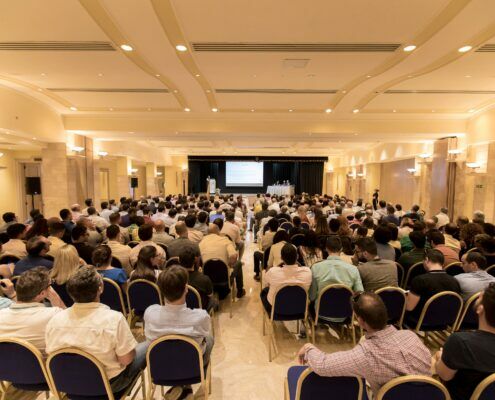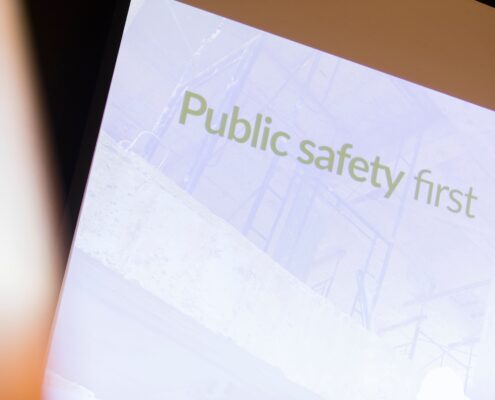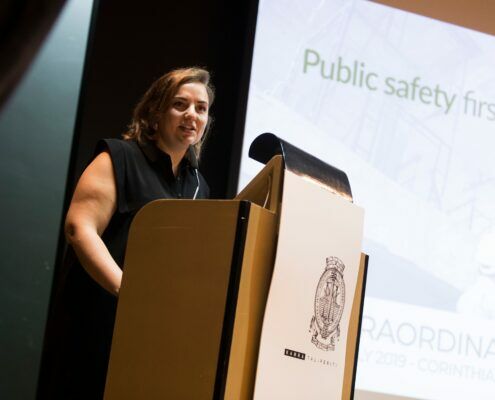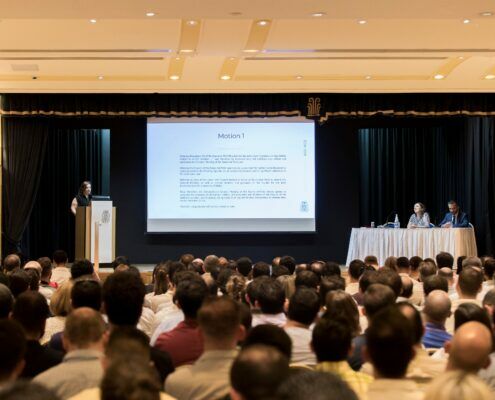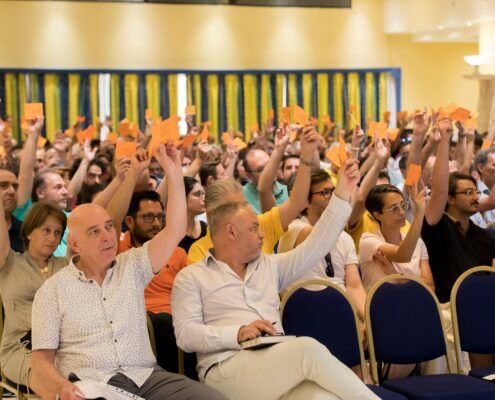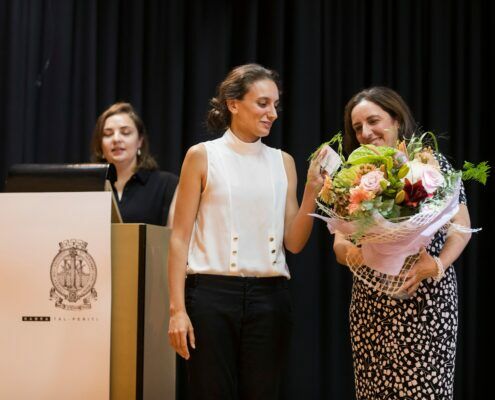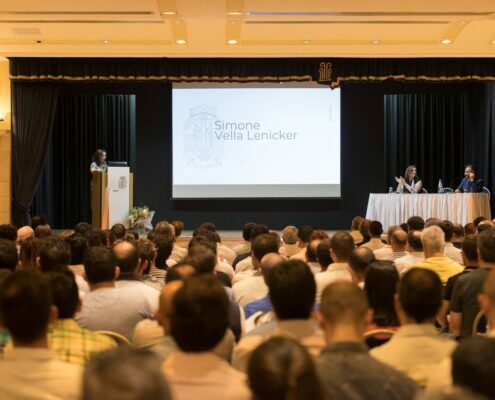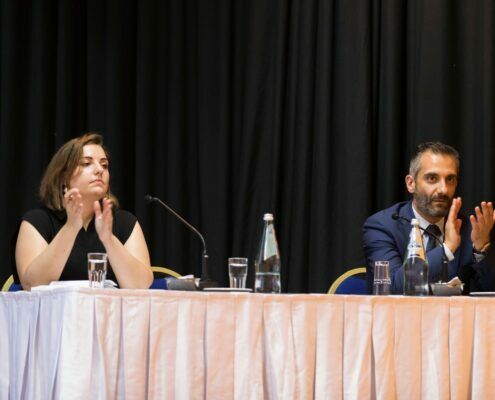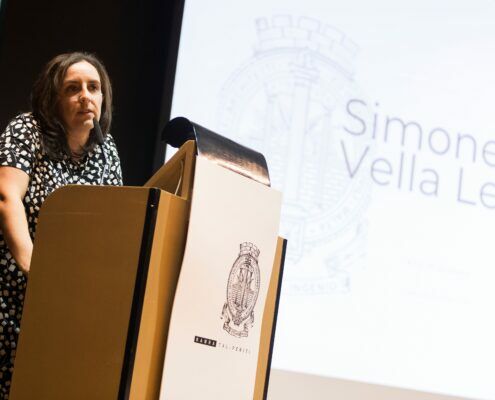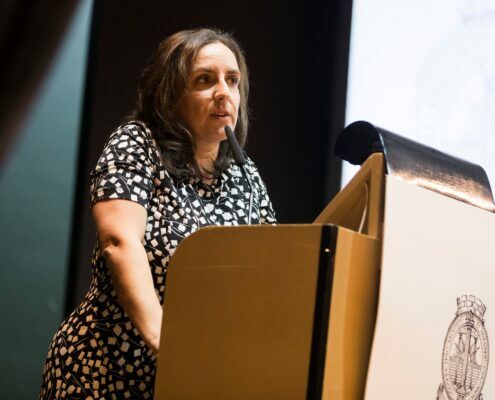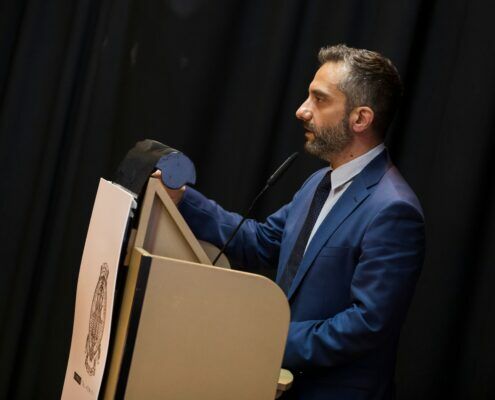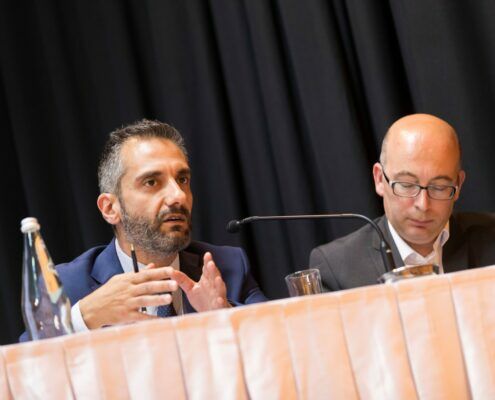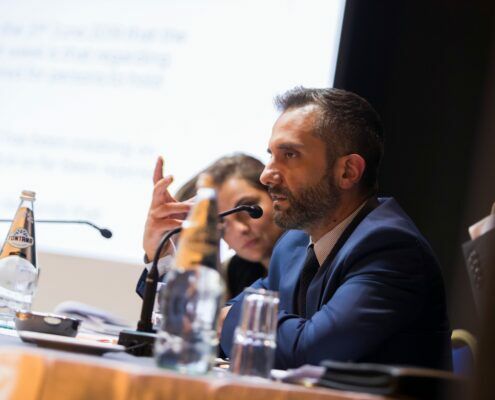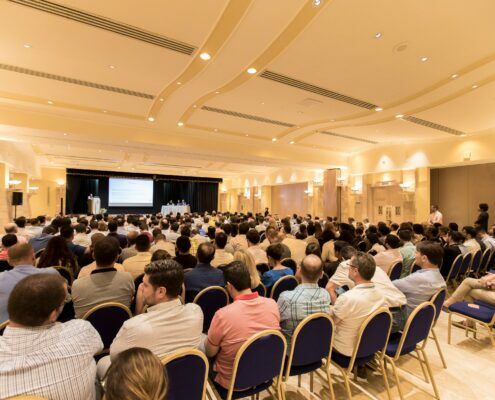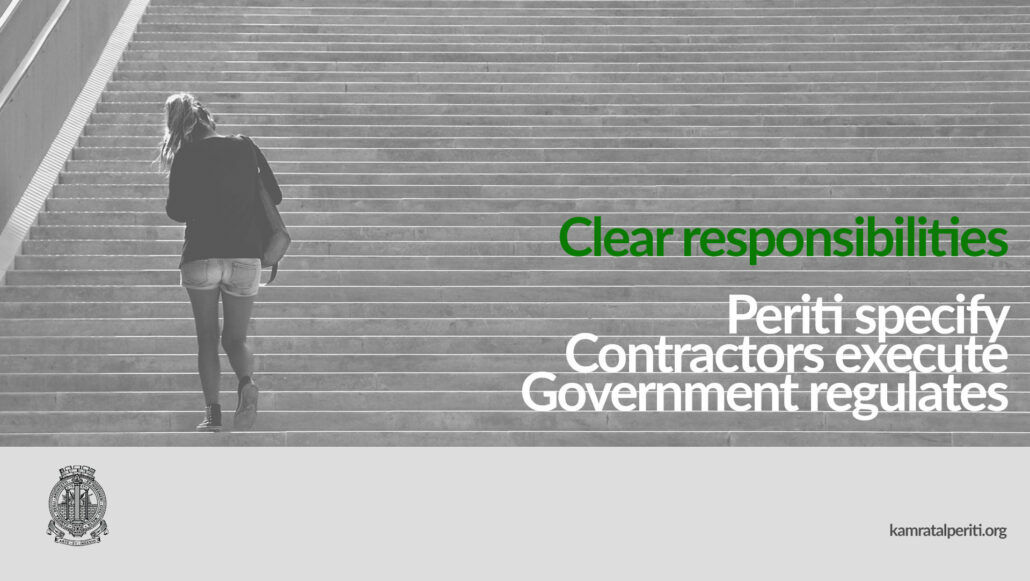Judgement of ECJ: minimum and maximum rates of fees for architects and engineers (HOAI) are not compatible with EU law
This is a Press Statement issued by the Bundesarchitektenkammer – BAK (Federal Chamber of German Architects)
In its judgement of 4/7/2019, the European Court of Justice (ECJ) determined that the minimum and maximum rates of fees for architects and engineers (HOAI) are not compatible with EU law. This was despite the court confirming that minimum rates can help to ensure the high quality of planning services. However, the German regulation does not pursue this objective in a coherent and systematic manner, since planning services can also be provided by service providers without the latter having to provide proof of their professional aptitude. The ECJ does not consider the binding nature of the maximum rates to be necessary, since the German Federal Government has not sufficiently substantiated that a non-binding framework for pricing is not sufficient to guarantee consumer protection.
In the run-up to the ruling, the Federal Chamber of German Architects (BAK), the Federal Chamber of Engineers (BingK) and the organisation regrouping architects´ and engineers` associations for the HOAI (AHO) had initially been able to persuade the German Federal Government to uphold the HOAI and to defend the binding minimum and maximum rates before the ECJ, and through that alone they were maintained for almost half a decade longer. Throughout the entire procedure, the BAK together with BIngK and AHO supported the German Federal Government with comprehensive legal and empirical-economic expert reports. The ACE, private builder associations and the BFB (German liberal professions) were also involved in providing political and presentation support. Unfortunately, all of these efforts have not been successful.
The obligation to comply with binding minimum and maximum rates must indeed be abolished as soon as possible due to the judgement. However, the HOAI can remain otherwise unchanged, since neither the performance plans nor the fee rates were the subject of the proceedings.
The judgement will undoubtedly have serious consequences. The BAK is therefore intensively examining which conclusions can be drawn from the ruling, in particular whether the “incoherence” objected to by the ECJ could be counteracted by restricting planning authorisation to architects and engineers. It is working with the BIngK and the AHO to minimise the impact of the ruling. These include proposals for the modification of the HOAI, to ensure that architects and engineers can continue to benefit from the usual, tried and tested fee structure. It is proposed that in the absence of any other express agreement, it is assumed that the average rates are considered to have been agreed. Unless otherwise agreed, the amount of remuneration must be commensurate with the nature and extent of the assignment and the performance of the architect. In the case of a dispute, the court of appeal (e.g. civil court or public procurement tribunal) should also be obliged to obtain an expert opinion from a chamber of architects or engineers.
Immediately after the ECJ ruling, the profession was provided with comprehensive information and support materials to minimise the uncertainty caused by the ruling, in particular with regard to its impact on existing and future contracts.
For further information on the ruling please visit the explanatory page.







